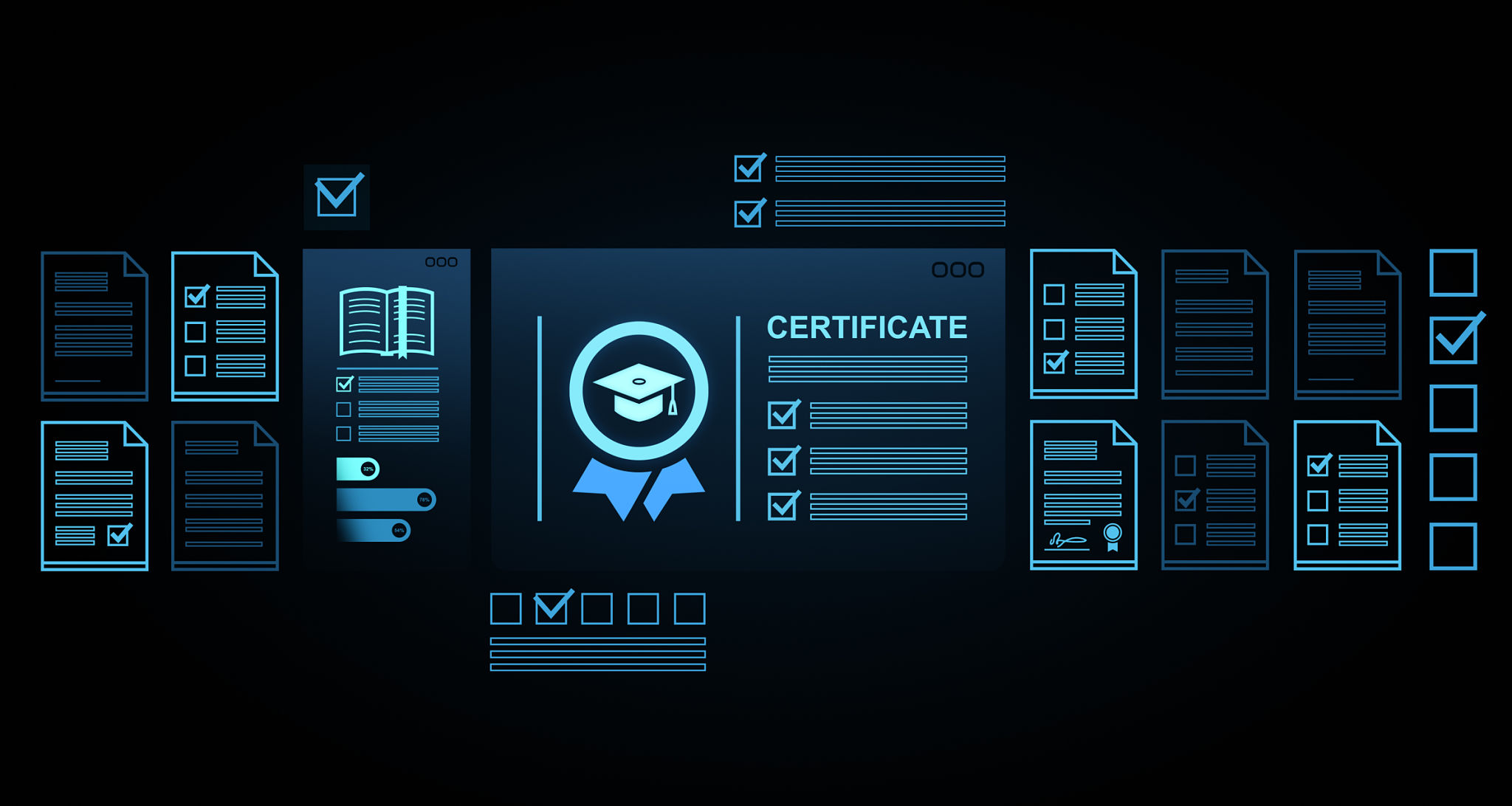The Impact of Digital Transformation on Business Certifications
Understanding Digital Transformation
Digital transformation is becoming a key factor in the competitive landscape of modern business. It involves the integration of digital technology into all areas of a business, fundamentally changing how companies operate and deliver value to customers. This transformation goes beyond simply updating technology; it requires a cultural change that challenges the status quo and encourages innovation.
As businesses undergo this transformation, various processes, including certifications, are also evolving. Traditional methods of obtaining and maintaining business certifications are being reshaped by the digital tools and platforms now available.

Evolution of Business Certifications
Business certifications have long been a way to demonstrate credibility, adherence to industry standards, and commitment to continuous improvement. Traditionally, obtaining these certifications involved extensive documentation, in-person audits, and a significant amount of time.
With digital transformation, many businesses are finding that the process of obtaining certifications is becoming more streamlined. Digital platforms allow for easier submission of documents, online audits, and quicker feedback loops. This efficiency not only saves time but also reduces the costs associated with obtaining certifications.

Benefits of Digital Certification Platforms
Digital certification platforms offer several advantages to businesses:
- Accessibility: Companies can access certification requirements and submit necessary documentation from anywhere in the world.
- Efficiency: Automation of repetitive tasks speeds up the certification process.
- Cost-Effectiveness: Reducing the need for physical audits and paperwork minimizes expenses.
- Enhanced Tracking: Businesses can easily track their progress and manage multiple certifications simultaneously.
Challenges in the Digital Era
While the digital transformation of business certifications offers numerous benefits, it also presents certain challenges. Ensuring data security and maintaining the integrity of the certification process are primary concerns. Businesses must invest in robust cybersecurity measures to protect sensitive information during digital transactions.
Additionally, there is a learning curve associated with adopting new technologies. Companies must be willing to train their staff and adjust their workflows to fully leverage the advantages of digital platforms.

The Future of Business Certifications
The future of business certifications is likely to be heavily influenced by ongoing technological advancements. Emerging technologies such as blockchain may offer even more secure and transparent methods for managing certifications. Blockchain could ensure the authenticity of certificates and provide an immutable ledger of certification history.
Moreover, artificial intelligence and machine learning could further streamline the certification process by analyzing large volumes of data to identify trends and predict compliance risks.
Conclusion
The impact of digital transformation on business certifications is profound, offering both opportunities and challenges. As businesses continue to embrace digital tools, the certification landscape will evolve to become more efficient, secure, and accessible. Companies that adapt to these changes will likely find themselves at a competitive advantage, better equipped to meet industry standards and customer expectations.

